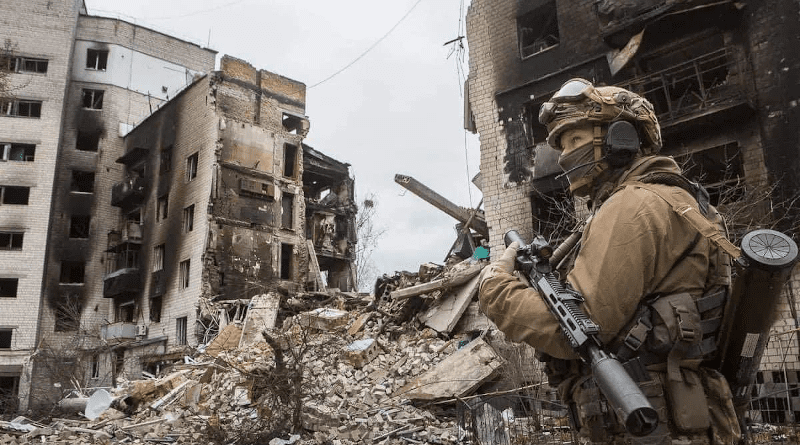Amnesty Says As Ukraine Retakes Territory From Russia Securing Evidence Of Alleged War Crimes Is Crucial
In recent days, Ukrainian forces have reportedly regained control of over 3,000 square kilometres of territory previously occupied by Russia, including Izyum and Kupiansk, two key towns in Kharkiv oblast.
Reacting to new evidence of alleged war crimes committed by Russian forces following military advances by Ukrainian forces retaking control of Russia-occupied territories, Marie Struthers, Amnesty International’s Director for Eastern Europe and Central Asia, said, “As Ukraine regains control of land occupied by Russian forces, it must prioritize securing evidence of their alleged war crimes. Gathering such evidence is extremely resource-intensive, and so we are calling on the international community to provide resources that will assist Ukraine’s efforts. All ongoing and future trials over alleged war crimes must meet fair trial standards.”
Struthers added that, “In what appears to be a response to Ukraine’s military gains, Russia has launched attacks that caused significant damage to critical civilian infrastructure, including a power plant strike that led to power and water outages and disrupted civilian activities. We remind Russia that deliberate targeting of civilian infrastructure may amount to war crimes. These strikes must be investigated with a view to ensuring that anyone suspected of criminal responsibility is brought to justice.”
As Russian forces retreat, evidence of alleged war crimes committed by them and Russia-backed armed groups is emerging in the form of testimonies, video footage and photographs, said Amnesty International.
Amnesty International noted that on September 10, Ukrainian law enforcement agencies reported that police officers had exhumed the bodies of two men allegedly tortured and killed by Russian forces in Hrakove village, Kharkiv oblast, in March.
Additionally, Amnesty International, said that on September 11 and 12, Russian military strikes damaged critical energy infrastructure, resulting in major disruptions to electricity and water supplies as well as train services.

